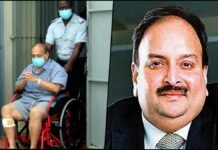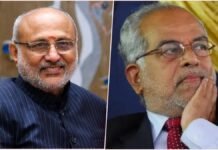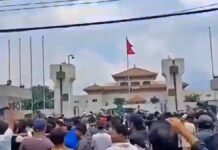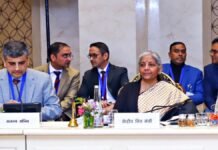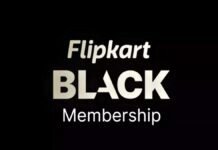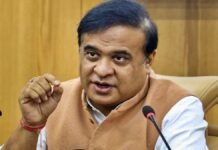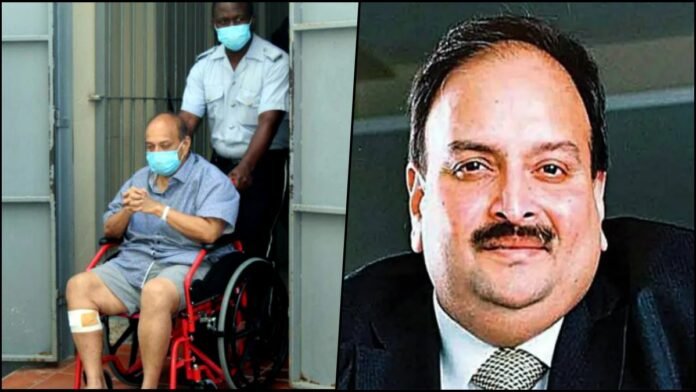
Key Points:
- India formally assures Belgium that Mehul Choksi will get humane treatment in Mumbai’s Arthur Road Jail Barrack 12
- Extradition hearing scheduled for second week of September 2025 after Choksi’s arrest in Antwerp in April
- Detailed prison conditions promised: 24/7 medical care, 3+ square meters personal space, daily exercise, and special diet provisions
- Cancer-stricken 66-year-old fugitive wanted in ₹13,000 crore PNB fraud case faces potential return to India after 7-year evasion
- Belgium to evaluate if Indian detention assurances meet international human rights standards before final extradition decision
New Delhi: The Indian government has submitted detailed assurances to Belgian authorities regarding the detention conditions for fugitive diamantaire Mehul Choksi, as his extradition hearing approaches in the second week of September 2025.
Specific Detention Commitments at Arthur Road Jail
The Ministry of Home Affairs has provided explicit guarantees about Choksi’s accommodation in Barrack Number 12 of Mumbai’s Arthur Road Jail, emphasizing that the facility meets international standards. The formal assurance letter details that Choksi will receive at least three square meters of personal space, excluding furniture, along with adequate lighting, ventilation, and storage facilities.
India has categorically assured Belgium that the 66-year-old businessman will not face solitary confinement and will be housed in a non-overcrowded barrack with 24/7 security monitoring. The cell will be equipped with essential amenities including a thick cotton mattress, pillow, bedsheet, and blanket, with provision for a metal or wooden bed on medical grounds.
Comprehensive Medical Care Framework
Given Choksi’s reported health issues including cancer, India has emphasized the medical infrastructure available at Arthur Road Jail. The facility houses six medical officers, nursing staff, pharmacists, and laboratory technicians, supported by a fully equipped 20-bed hospital with ECG facilities.
The prison complex includes specialized wards for general treatment, psychiatry, tuberculosis, and dental care, complemented by an in-house ambulance service. For specialized treatment, the assurance letter confirms access to a government hospital located less than three kilometers away, ensuring comprehensive medical coverage.
Daily Living Conditions and Rights
The Indian government has committed to providing Choksi with adequate food three times daily, including accommodations for special dietary requirements subject to medical approval. Access to the jail canteen for fruits and basic snacks has also been guaranteed.
Daily outdoor exercise in an open-to-sky yard for more than an hour has been assured, along with indoor recreational activities including board games, casual badminton, yoga, meditation, and library access. The facility maintains daily cleaning protocols with cells being swept and mopped regularly.
Strategic Timing of Extradition Push
Choksi’s arrest in Antwerp, Belgium, in April 2025 marked a significant breakthrough in India’s seven-year pursuit of the fugitive businessman. His extradition hearing, scheduled for the second week of September, represents India’s best opportunity to bring him back for trial in the ₹13,000 crore Punjab National Bank fraud case.
The timing is crucial as Choksi, uncle of fellow fugitive Nirav Modi, has successfully evaded extradition since fleeing India in 2018. His previous attempts to avoid prosecution included obtaining citizenship in Antigua and Barbuda and a controversial detention in Dominica.
Legal Precedent and International Standards
The comprehensive detention assurances reflect India’s response to growing European court scrutiny of Indian prison conditions. Recent years have seen British and European courts raising concerns about Indian detention facilities, leading to rejection of some extradition requests.
British officials recently inspected Delhi’s Tihar Jail as part of similar extradition considerations, highlighting the international focus on prison condition standards. The detailed assurances to Belgium demonstrate India’s recognition of these concerns and commitment to meeting international human rights obligations.
Climate and Environmental Considerations
Addressing potential concerns about detention conditions, India’s letter specifically mentions Mumbai’s coastal tropical climate, noting that the generally pleasant year-round weather eliminates the need for heating systems. While air conditioning is not provided, the government emphasizes that Mumbai’s climate generally doesn’t require such facilities.
The geographical and climatic factors are presented as advantages for Choksi’s detention, suggesting more comfortable conditions compared to harsher climates that might require additional environmental controls.
Health-Related Legal Arguments
Choksi’s legal team has consistently argued that his serious health conditions, including cancer, make detention dangerous for his wellbeing. These medical concerns have been central to his resistance to extradition efforts across multiple jurisdictions.
India’s detailed medical assurance package appears designed to counter these health-based legal arguments by demonstrating comprehensive healthcare availability. The emphasis on specialized medical services and proximity to government hospital facilities directly addresses the defense’s primary concerns.
Belgian Court Decision Pending
The Belgian judicial system now faces the critical decision of evaluating whether India’s detention assurances meet international human rights standards sufficient for extradition approval. The court’s assessment will consider both the legal requirements for extradition and the adequacy of proposed detention conditions.
If Belgian authorities find the arrangements satisfactory and legal conditions for extradition are met, Choksi could be handed over to India for trial in the CBI case. This would mark the end of his seven-year international fugitive status and represent a significant victory for Indian law enforcement.
The outcome will also set important precedents for future extradition cases involving Indian requests to European nations, potentially influencing how such assurances are structured and evaluated in international legal proceedings.



